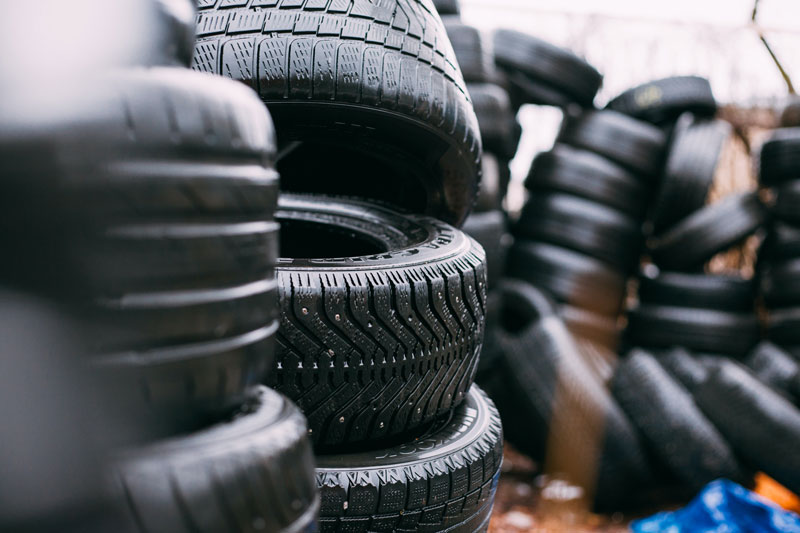The declaration means that product stewardship schemes must now be developed for each of the declared priority products. Product stewardship puts greater responsibility on those who make and use products to reduce the waste and other environmental harm these products may cause throughout their full lifecycle.
This is a historic moment in our waste management legislation. Until now, not one product has been declared a priority product under the WMA since it was passed in 2008. This has meant that all product stewardship schemes have been voluntary until now. We know these have not been successful, as NZ has been recognised as one of the most wasteful countries in the world.
Mandatory product stewardship of these priority products will create a level playing field for producers and eliminate opportunities for ‘free riders’ as we have seen in the past.
One of the really exciting things about regulated product stewardship schemes is that, if well-designed, they can incentivise carbon neutral production, bio and eco benign products, alternative delivery systems which can eliminate the need for more materials or packaging altogether, and can dramatically reduce the variety of problematic materials flowing into and through our economy and entering our ecosystems. The schemes should also ensure products are reusable, repairable, and recyclable.
Well-designed schemes will make it a lot easier for us to meet our national targets and regional and international obligations (e.g. to reduce ozone depleting substances, carbon emissions, and persistent organic pollutants). They will also help us to produce clean, sorted and high value post-consumption materials which will attract currently dwindling international markets. Essentially, it could vastly improve our reputation as a country that reduces and takes care of its own trash rather than dumping it elsewhere.
Mandatory product stewardship means everyone benefits from making and using products, and ensures the true cost of a product is reflected in the purchase price. Until now these costs have been predominantly carried by ratepayers, local authorities, and the environment.
Making the declarations is just the first step. Now what is needed are ambitious schemes that focus at the top of the zero waste hierarchy (prevention, reduction, reuse, redesign, repair).
Future oriented, innovative, ambitious, and successful schemes will be co-designed and will include tangata whenua, local and central Government, industry, NGOs, recyclers and zero waste experts, and community and consumer representatives.
Regardless of the work ahead, the Massey University Political Ecology Research Centre is celebrating. Aotearoa is one step closer to a zero waste economy.




